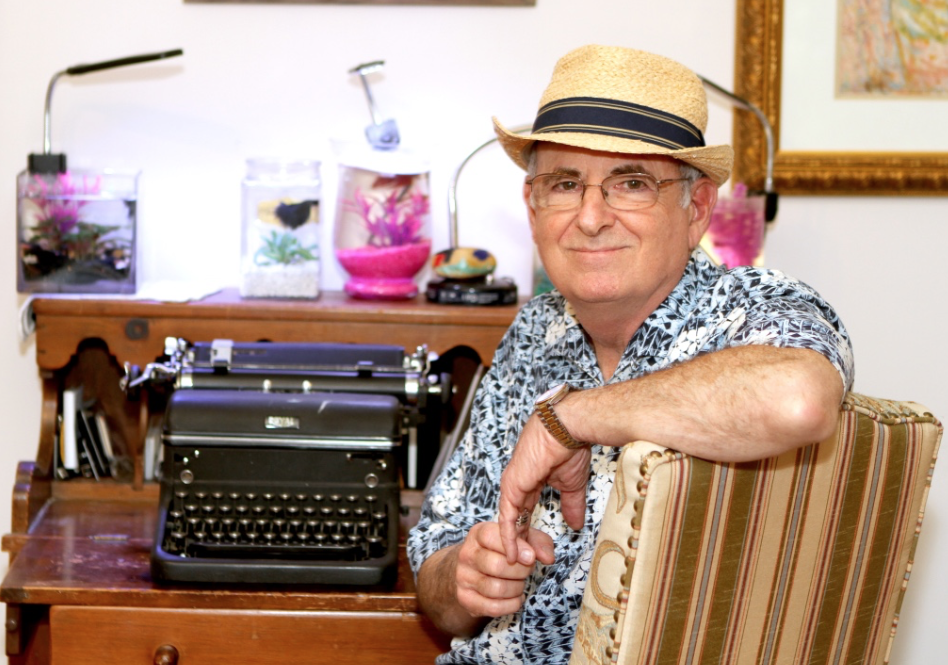The Teenage Years

Take a breath, go to the bathroom, this article is longer than most. So too seemed being a teenager.
Aside from school, the life of an average teenager revolves around girls and pizza. As a colleague of mine who was a child psychiatrist once said, “Normal teenagers are abnormal.” Think on that a bit.
In my family, grades were gods, but in my head, girls were goddesses. Then came, “Portnoy’s Complaint.” And while it has been said that “all mothers are Jewish mothers,” the Jewish mothers of America were ground zero for the book. My mother, who was always trying to have Kennedy-esque discussions at dinner was one of the book’s first readers in our neighborhood. She started—and ended—one dinner discussion thusly: “Have either of you read this Portnoy’s Complaint thing?” My brother piped up instantaneously, “Read it—I’m living it!” I burst out laughing, thinking of my own special sweat sock hidden away upstairs. My mother turned crimson, stood bolt upright, began erupting, and dinner was over. Only my father, seemingly oblivious to the torrents of emotion raining down around him, continued eating. He hadn’t read the book.

Brooklyn Boro
View MoreNew York City’s most populous borough, Brooklyn, is home to nearly 2.6 million residents. If Brooklyn were an independent city it would be the fourth largest city in the United States. While Brooklyn has become the epitome of ‘cool and hip’ in recent years, for those that were born here, raised families here and improved communities over the years, Brooklyn has never been ‘uncool’.